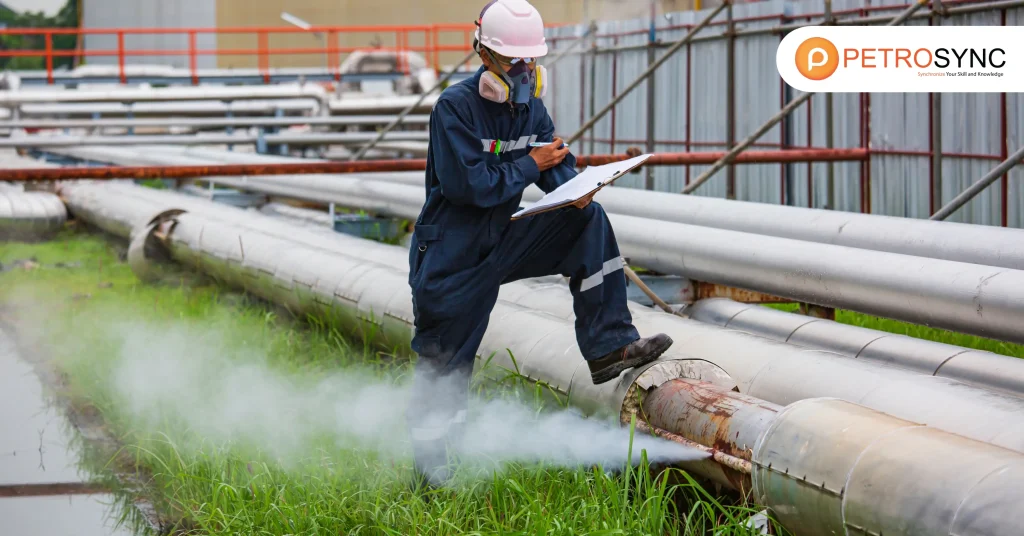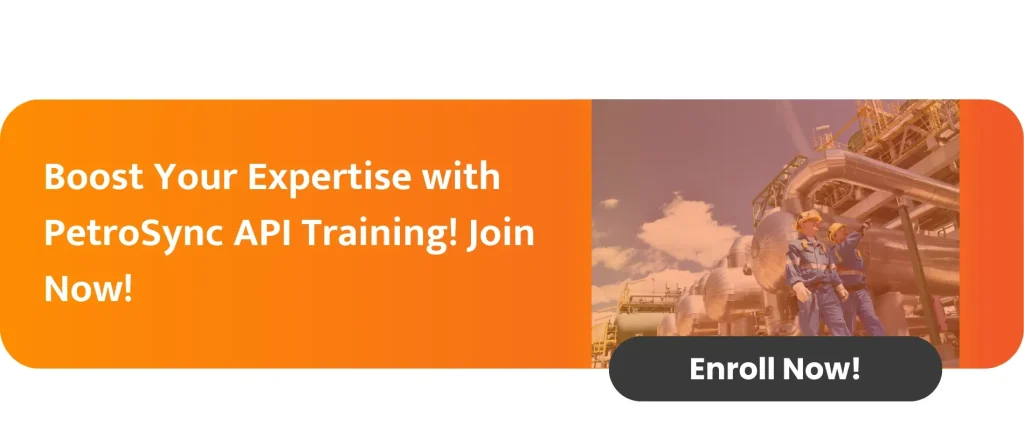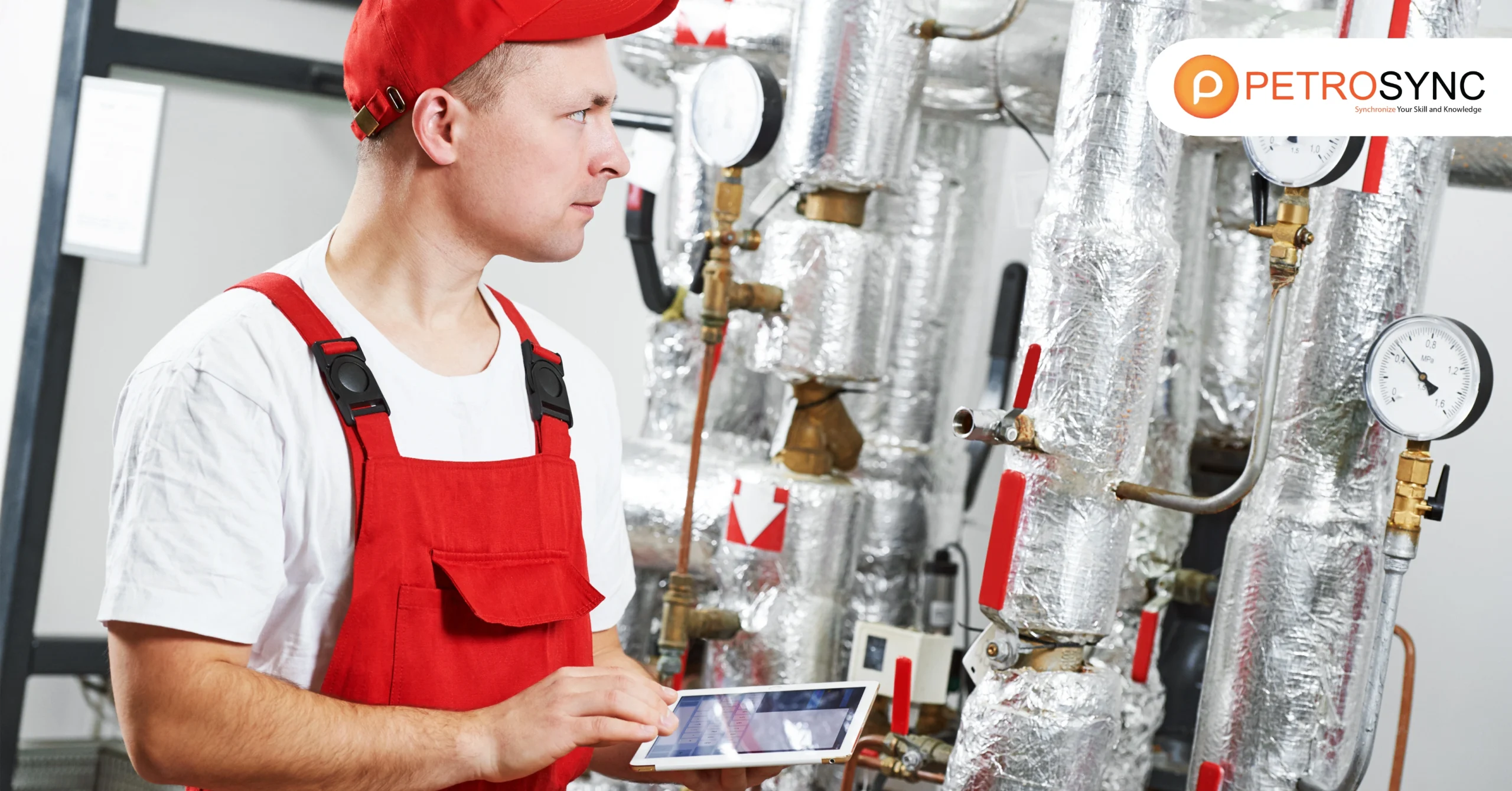In the highly specialized sectors of oil, gas, petrochemicals, and energy, being current on industry trends is critical to success. Obtaining recognized certifications such as API (American Petroleum Institute) can be transformative for people seeking technical excellence and career progress.
API credentials are worldwide recognized and provide an advantage in a competitive job market, particularly in inspections, equipment maintenance, and safety protocols. This post will explain what API courses comprise, their benefits, and why having an API certification may be a valuable tool for any industry expert.
What is an API Course?

An API course is a specialized training program developed by the American Petroleum Institute (API), a leading authority in setting standards for the oil, gas, and petrochemical industries. These courses improve abilities in various areas, including equipment inspection and safety procedures, technical standards, and compliance needs.
API courses equip inspectors, engineers, and technical operators with practical and theoretical knowledge essential for their jobs. API courses are often delivered as in-depth, instructor-led programs that combine theoretical modules with hands-on instruction. They are intended to meet the industry’s most pressing demands.
Including pipeline management, equipment inspections, and operational safety. The program actively prepares participants for the API certification examinations, ensuring they gain both the necessary knowledge and confidence to achieve certification.
Which API Course is Best?
The proper API course for a professional depends on their work function, industry experience, and career goals. API provides a variety of specialist courses, each addressing a unique topic within the oil and gas sectors:
API 510 – Pressure Vessel Inspector:
This course is essential for professionals who supervise the maintenance and inspection of pressure vessel. It focuses on safety standards, design, and inspection procedures.
API 570 – Piping Inspector:
This course is ideal for those who inspect pipe systems and covers the standards and inspection techniques for various piping materials.
API 653 – Tank Inspection, Repair, Alteration, and Reconstruction
This course, designed for individuals in charge of aboveground storage tank, focuses on inspection methodologies, repair standards, and safety procedures.
API 580 and 581 – Risk-Based Inspection & Base Resource Document
This course focuses on risk assessment and management strategies, demonstrating how professionals can evaluate and reduce potential hazards.
To select the finest API course, you must first consider your career goals and technical requirements. A petrochemical engineer, for example, may benefit more from the API 580 Risk-Based Inspection course, whereas an inspector concerned with pipeline integrity may find the API 570 course more appropriate.
What is API Qualification?
API qualifications are the competencies and certifications that a professional acquires after successfully completing an API course and certification exam. An API qualification confirms that a person has a high degree of technical knowledge and practical abilities required for their specific employment in the oil and gas industry.
This qualification can include expertise in inspection practices, understanding industry standards, and adhering to safety protocols that ensure operational integrity. In many cases, API qualification is a requirement for certain roles within the industry, especially those focused on equipment inspection, safety, and compliance.
Obtaining API qualifications is often part of a professional’s development plan, as it provides formal recognition of their skills and commitment to maintaining industry standards.
How do I Get an API Certificate?
To obtain an API certificate, individuals typically need to follow these steps:
Complete Relevant Training:
Many training providers, such as PetroSync, offer API courses that prepare participants for the certification exams. These courses are structured to cover the necessary technical material and provide hands-on practice for practical application.
Fulfill Eligibility Requirements:
Each API certification has unique eligibility requirements based on a combination of education and work experience. For example, the API 510 certification needs several years of experience with pressure vessel.
Pass the Certification Exam:
The certification exams assess an individual’s understanding of industry standards and their ability to apply knowledge in real-world scenarios. API exams are rigorous and require a strong grasp of technical concepts, safety standards, and inspection practices.
Maintain Certification:
API certifications are valid for three years, after which recertification is required. Recertification helps professionals stay updated on evolving standards and continue to demonstrate their competence.
By following these steps, professionals can obtain and maintain an API certificate, enhancing their career prospects and ensuring they’re qualified to meet industry demands.
Is API Certification Worth It?
API certification is widely regarded as a valuable investment for professionals in the oil, gas, and petrochemical industries. There are various reasons why API certification is worth considering:
Enhanced Job Opportunities:
API certification is widely appreciated by businesses, giving qualified candidates an advantage when applying for specialized roles.
Higher Earning Potential:
Certified specialists usually command higher fees since their knowledge is sought by firms looking to ensure safety and operational efficiency.
Improved Technical Knowledge:
API courses provide rigorous instruction in industry standards, safety considerations, and technical skills, allowing professionals to use their knowledge in the workplace.
Compliance and Safety:
API-certified professionals are better able to assure industry compliance, which is critical for avoiding accidents and ensuring operational reliability.
API certification is especially beneficial for inspection staff since it allows them to perform critical responsibilities with confidence and skill. When firms hire API-certified employees, they invest in people who meet the industry’s highest standards.
What are The 4 Types of API?
In technical contexts, the term “API” can refer to a range of things; however, in software development, it is frequently used as an abbreviation for “Application Programming Interface.” However, in the oil, gas, and energy industries, API primarily refers to a collection of standards and certificates issued by the American Petroleum Institute.
For those in the industry, the “types” of API might refer to the primary certification categories:
Inspection Certifications: For roles focusing on equipment inspection, such as API 510 (Pressure Vessel Inspector) and API 570 (Piping Inspector).
Risk-Based Inspection Certifications: For risk management specialists with the API 580 certification, which comprises detecting and controlling inspection risks.
Aboveground Storage Tank Certifications: For example, API 653 certification is required for verifying aboveground storage tanks.
Welding Inspection Certifications: API also offers certificates like API 577 for welding inspection, which are crucial for guaranteeing the safety and quality of welded components.
Understanding these certification categories can help professionals choose the best course to fulfill their career goals and meet industry-specific requirements.
Enhance Your Skills with PetroSync’s API Course for Professionals
PetroSync offers a wide range of API courses tailored to the demands of professionals in the oil, gas, and energy industries. As an industry leader in training and consulting, PetroSync designs its courses to equip participants with technical knowledge, hands-on practice, and exam preparation necessary to achieve API certification.
By choosing PetroSync, professionals can benefit from:
Expert Instructors: PetroSync’s courses are led by seasoned instructors with years of experience in the industry.
Practical Training: PetroSync emphasizes real-world application, offering hands-on exercises that reinforce theoretical learning.
Comprehensive Exam Preparation: PetroSync’s API courses include comprehensive exam preparation, helping participants gain the confidence and knowledge needed to pass the API certification exams.
Investing in an API course through PetroSync can significantly enhance a professional’s qualifications, opening doors to new career opportunities and providing the skills needed to excel in today’s competitive landscape.

Results-oriented and thorough SEO specialist with extensive experience in conducting keyword research, developing and implementing digital website promotion strategies and plans, managing campaigns to develop company websites in the digital world, excellent knowledge of marketing techniques and principles, and attentive strong attention to detail.







